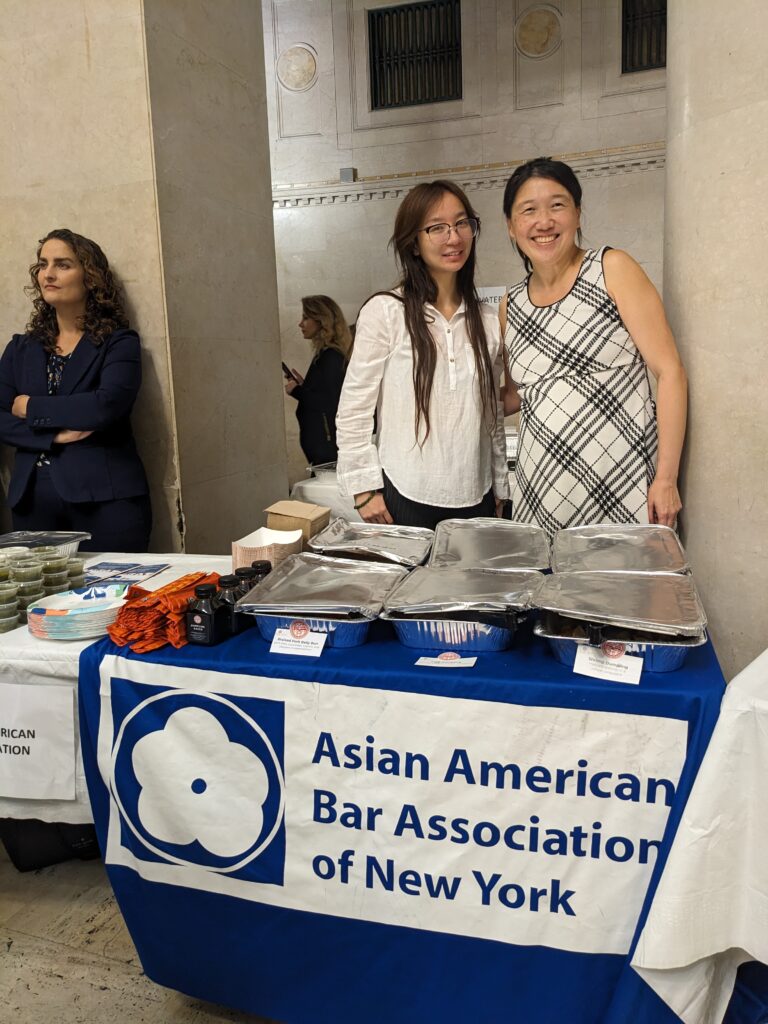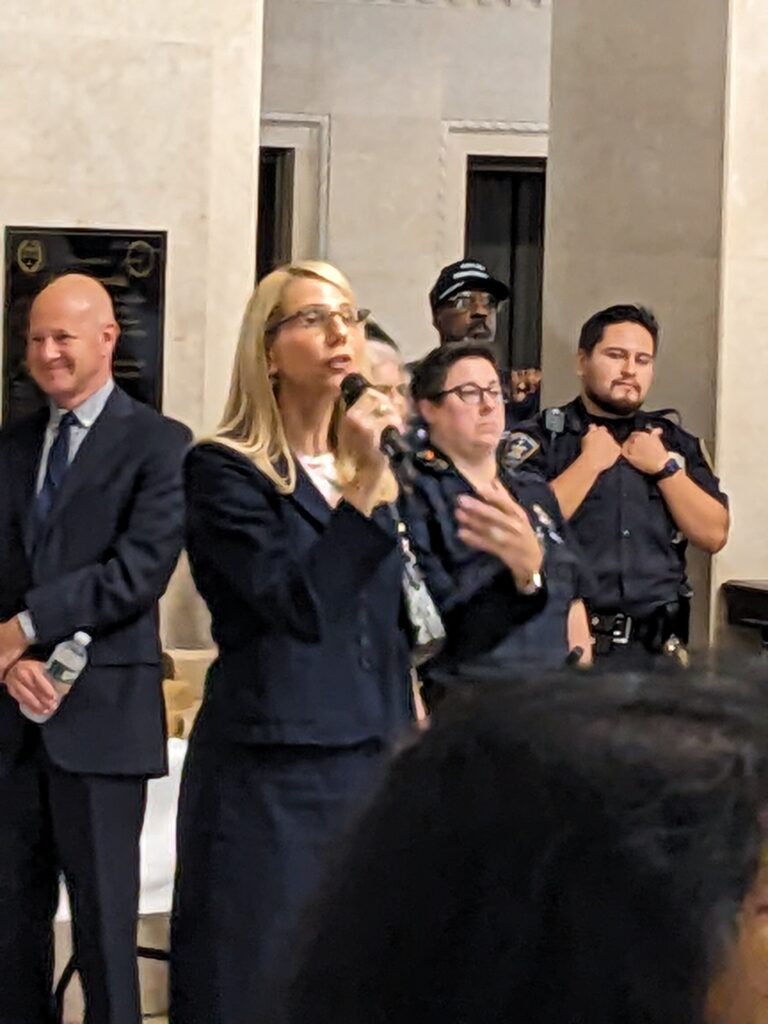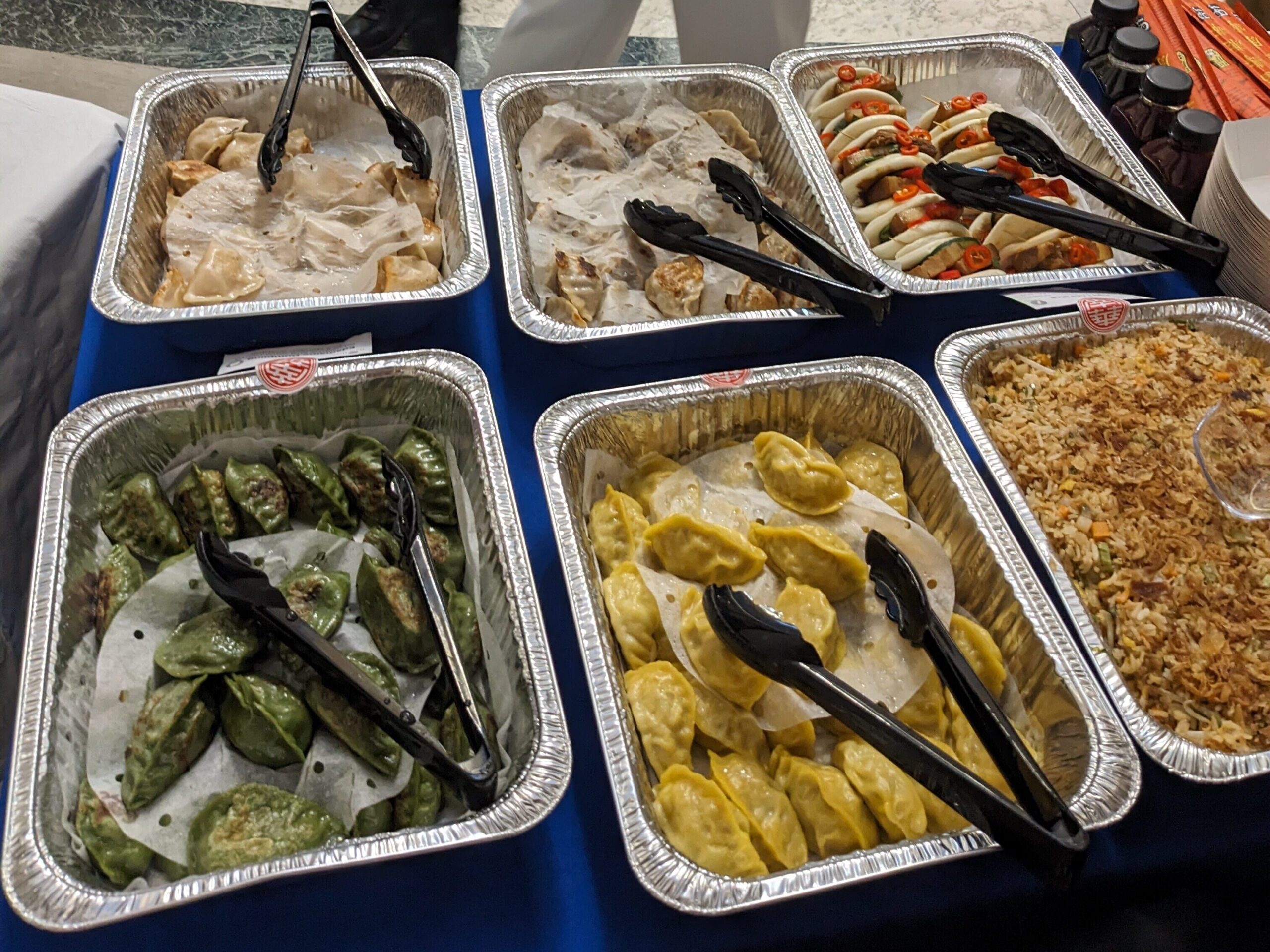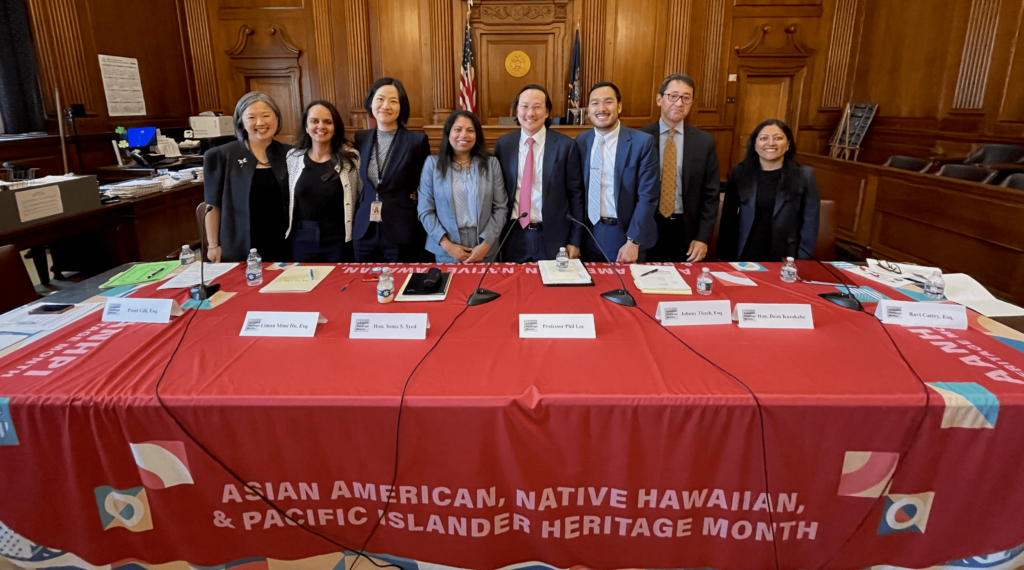
For Immediate Release: January 23, 2026
Contact: Rahat N. Babar, Deputy Executive Director
WASHINGTON – The National Asian Pacific American Bar Association (NAPABA) applauds the introduction of the Language Access for All Act of 2026 in Congress. The bill, if enacted, would ensure that all individuals have meaningful access to critical Federal services, regardless of English proficiency.
In March 2025, President Donald Trump revoked Executive Order 13166 and designated English as the official language of the United States. For nearly 25 years, EO 13166 required that every federal agency meet the needs of individuals with limited English proficiency when it delivers critical services. EO 13166 brought the full import of Title VI of the Civil Rights Act of 1964, which prohibits entities that receive federal funding from discriminating based on national origin, to life. NAPABA objected to the revocation of EO 13166 at the time and called on Congress to act in response. Following our advocacy efforts, NAPABA welcomes the introduction of the Language Access for All Act of 2026, which would restore the key guarantees of EO 13166.
Language access is particularly important for the Asian American, Native Hawaiian, and Pacific Islander (AANHPI) community. The majority of the Asian American community are immigrants. Nearly 32% of the community is limited English proficient. The Asian American population is comprised of over 50 different ethnicities and speak over 100 different languages. NAPABA has long championed linguistic access for AANHPI communities in the legal system, including through our groundbreaking report, which highlighted and provided recommendations on the state of language access in federal and state courts and agencies. Every individual deserves access to critical, federally funded services.
NAPABA is grateful to Rep. Grace Meng, the Chair of the Congressional Asian Pacific American Caucus, along with Rep. Judy Chu, Rep. Juan Vargas, Rep. Daniel Goldman, for their leadership and introducing the Language Access for All Act of 2026. This action coincides with the anniversary of the U.S. Supreme Court’s historic decision in Lau v. Nichols, 414 U.S. 563 (1974), which recognized the right of English learners to participate meaningfully in public school education and served as a catalyst for language access throughout the Nation. We call on Congress to advance this legislation swiftly.











